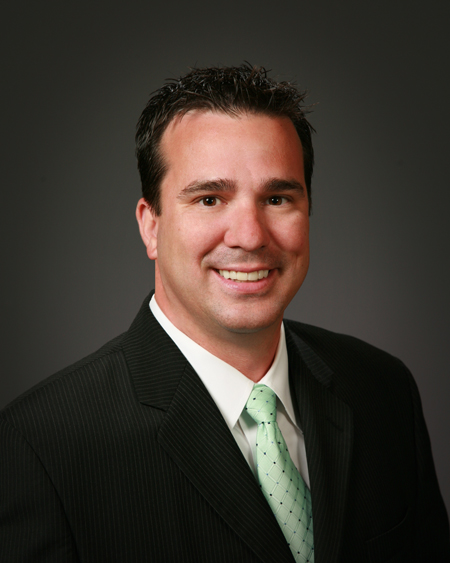 Some
people fear health care reform; I embrace the overall concept. The concept of
affordable health care coverage for all, and value over volume, is something I
support.
Some
people fear health care reform; I embrace the overall concept. The concept of
affordable health care coverage for all, and value over volume, is something I
support.
Over
the course of several years, the health care industry has been driven into a
volume-based delivery system that does not necessarily translate into value or
quality. Approximately nine years ago,
after becoming president and CEO of Rush Memorial Hospital, I believed that
focusing on value and quality would translate into volume and I was able to
test this theory.
Rush
Memorial Hospital was struggling financially and had less than a desirable
image. I said to senior management that we were going to ignore the budget for
one year. Our focus would be on quality, patient safety, patient satisfaction
and customer service. If we could improve in all of these areas, the financial
numbers would follow. As a result of the hard work by staff members, this
theory proved to hold true.
Rural
hospitals have their own unique challenges and concerns that existed prior to
the Affordable Care Act. The one common issue we all share is getting others to
understand that delivering health care in a rural community differs from that
of an urban community. In rural areas, health care reform piles on additional
layers of challenges and concerns. I do not see this as a threat, but an
opportunity.
Coming
from a small rural hospital serving a small rural community, I was certain we
could not compete in a volume-driven environment. As a result, recruiting
physicians would be difficult because I simply did not have the volume in which
to entice physicians to serve our community. As a result, they could not
maximize their income. So I took a different approach.
Nine
years ago, my entire focus was on hiring primary care physicians which led to
hiring specialists. My goal was to get our physicians to focus on caring for
the patient and patient care only; to show physicians that I could improve
their overall quality of life by giving them a balance between work and
personal life while still earning a good salary. I did not want physicians
worrying about productivity, reimbursement and expenses.
Too
often, in a volume driven environment, physicians are constantly thinking about
the number of patients they see versus focusing on quality care. Rush Memorial
Hospital went to a straight (fair-market value) salary with no bonuses or incentives
attached. My strategy was to form an integrated team approach between
administration, physicians and staff. I knew if a patient-focused environment
could be achieved by the entire team, then physicians would work hard and feel
a part of the organization without the additional pressures. This concept
worked and still is in place today.
In
addition, I took the approach that Rush Memorial Hospital could not be everything
to everybody. Forming good relationships and partnering with the right hospitals
to help provide the services we could not, was important to our survival as
well. The hospitals that survive this ever-changing, uncertain environment are
the ones that can adapt the fastest to the changes and execute these changes to
the patient’s satisfaction. Value-based environments will be more beneficial to
rural hospitals because it forces all hospitals to work closely together for
the common good of our patients.
